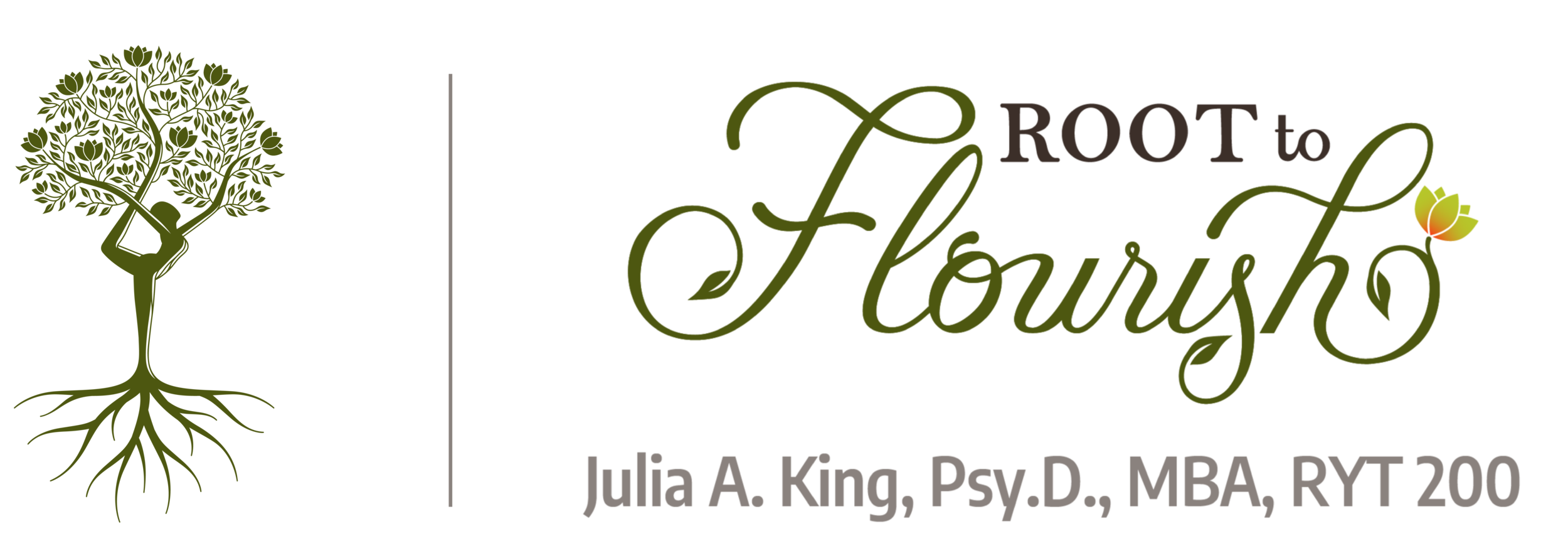Root to Flourish READS - Outlive: The Science & Art of Longevity by Peter Attia
This is a ‘Root to Flourish READS’ post, a series offering book recommendations. It’ll always be a book I’ve read and loved, and a book I believe can be beneficial in enhancing emotional wellbeing!
What is it about?
Outlive: The Science & Art of Longevity by Peter Attia is a guide - an operating manual, so to speak - to living your best and healthiest life for as long as you can. It is a “groundbreaking manifesto for living better longer.”
Longevity expert Dr. Peter Attia provides a strategic and scientific-based approach to extending lifespan, while also improving “healthspan,” essentially the quality of your years. He describes our objective as delaying death and then getting the most out of our extra years.
Attia describes the impact of “the Four Horsemen,” the four chronic diseases of aging - a) heart disease, b) cancer, c) metabolic dysfunction, and d) neurogenerative disease, which are likely to claim our lives. He provides a thorough overview of the scientific literature with regard to what we know about what causes such illnesses, and what we can do to prevent them.
And, Attia describes five main pillars to increase healthspan and lifespan: a) exercise, b) nutrition, c) emotional health, d) sleep, and e) “exogenous molecules” (i.e., drugs, hormones, supplements), and provides a framework to take in the information and decide for yourself what you are going to do with it.
Why I love it
I have added this book to the list of books that have changed my life.
There is so much confusion, and so much contradictory advice, around what we are supposed to do to create optimal health. Through my own searching, I have found a trail of breadcrumbs to follow through the veritable forest of information available; and I was thrilled to find that this book validated what I had found about what to eat, how to train, and how to live my longest, healthiest, and most vital life. (Perhaps reading this book will save you the trouble.)
One concept, in particular, I’ll highlight is Attia’s description of the Centenarian Decathlon. Centenarians are people who live to the age of 100 or more. Attia poses the question: What are the ten most important physical tasks you want to be able to do for the rest of your life? He presents his patients with a list and asks them to identify which of the tasks they want to be able to perform in their ninth decade. That list of 10 tasks is their individualized Centenarian Decathlon.
To a person, his patients say, “All of them.” They want to be able to do everything on the list; of course they do. And then Attia describes getting real with them about what it will take for them to be able to execute on those tasks at an advanced age. Our physical capabilities decline with age so it takes much, much more effort for us to do then what we can do now. So, if you want to be able to put your 20-pound carryon in the overhead bin yourself at 80, you’ll need to be able to lift 50 pounds over your head now. You want to be able to climb four flights of stairs at 80? Great - you’ll need to be able to sprint up those stairs now.
Ben Alldis, a trainer on the Peloton platform, often speaks about training for life (as opposed to, for example, a summer body). And that’s the brilliance of Attia’s book: it gives us a framework to identify what we’d functionally like our life to look like and what we practically have to do to get there.
How might it enhance emotional wellbeing?
This book is not for the faint of heart. Just like Four Thousand Weeks: Time Management for Mortals (another book on my list of books that have changed my life), it asks us to not just acknowledge, but embrace, our finitude.
And that’s freeing.
I personally found the frameup of the Centenarian Decathlon and many other concepts in this book motivating and empowering to direct the course of my life, presently, and more importantly, in my seventh, eighth, ninth, and hopefully tenth, decades.
What next?
This book is long. And Part II is quite technical. If you find yourself unable to read those chapters, read Parts I and III. Perhaps you’ll be able to go back to Part II later. (I been talking my husband’s ear off about this book; having provided a thorough synopsis of many relevant concepts, I still ‘assigned’ him to read Chapters 10 through 15 for himself).
You know I’m a huge fan of the public library - borrow the book today!
Or, if you want to buy the book, you can find it here on Bookshop.org, a site that allows you to purchase books from independent local bookstores. It’s also available on Audible.
Peter Attia also has a podcast, the drive, where he discusses all of the concepts from the book and so much more.
If you read the book, let me know! I’d love to hear your thoughts!
If this message resonates, and you want more, subscribe!

